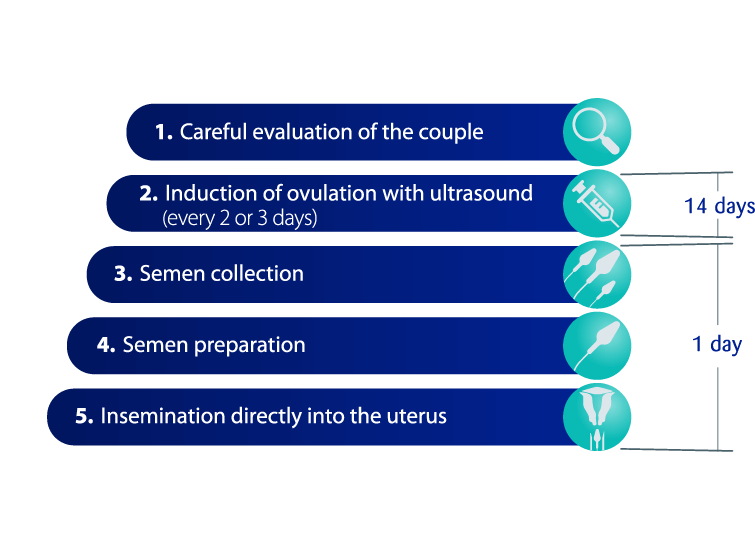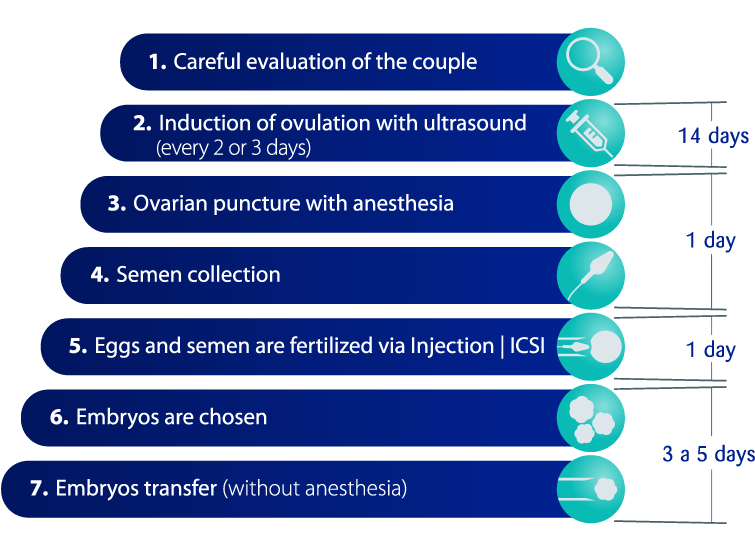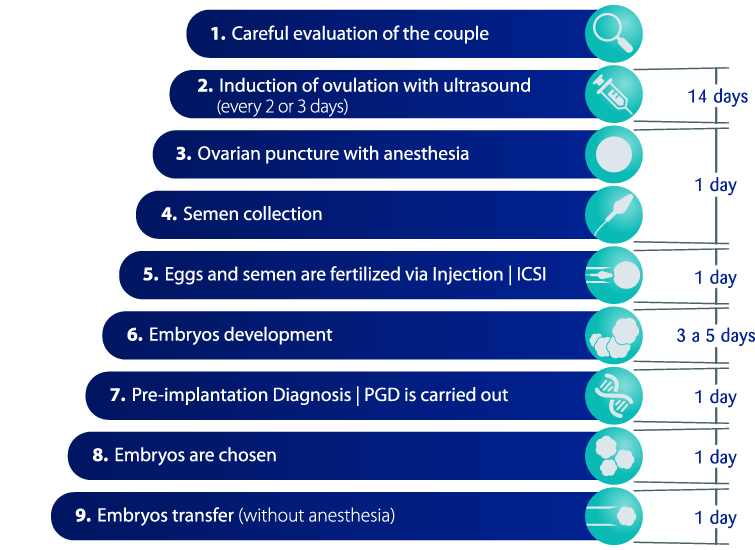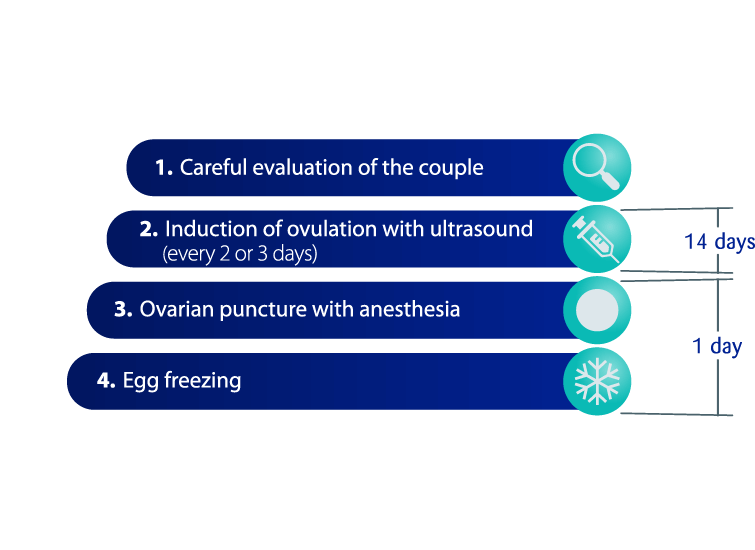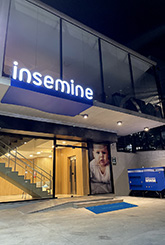Fertilization should use up to two embryos
Warning: getimagesize(../../..//images-tools/201201171439251.JPG): failed to open stream: No such file or directory in /home/storage/d/76/b9/insemine/public_html/english/content/novidade.php on line 13
Folha de São Paulo - pgC6 | January 17, 2012
A British study claims that the introduction of three or more embryos does not result in more live births. In Brazil, the implementation of up to four embryos is allowed for women up to 40 years old.
Women undergoing the in vitro fertilization (IVF) treatment used in assisted reproduction should have one or two embryos implanted, never three or more.
This was the conclusion of a British study published in the medical journal "Lancet".
According to the authors of the research, the University of Bristol, UK, a larger number of embryos does not increase the success of the procedure and even raises the risk of multiple gestations, which is associated with complications.
When there is more than one fetus in utero, prematurity is the rule, according to Mario Cavagna, secretary of the commission of human reproduction Febrasgo (The Brazilian Federation of Gynecologic and Obstetric Associations).
Preterm birth is linked to increased risk of health problems for the baby, such as damage to the nervous system.
124,000 fertilization cycles were analyzed for the study, resulting in 33,000 births.
The researchers compared the success rates, and the occurrence of multiple births, low birth weight and prematurity in procedures, between women younger than 40 and those over 40.
Brazil
The proposed restrictions of this study are different to the Brazilian standard. In Brazil, a law passed last year allows the transfer of two embryos to patients over 35, three to women aged between 36 and 39 and four to patients aged 40 or above.
Despite this, reducing the number of embryos in IVF is a global trend, according to Adelino Amaral Silva, president of the Brazilian Society of Assisted Reproduction.
In England, it is prohibited to place more than three embryos in women over 40 years old. In Sweden and Belgium, a single embryo is transferred per cycle to reduce multiple pregnancies.
"The regulations in Brazil are already outdated. The question is now one or two embryos, depending on the age of the patient," said João Sabino da Cunha Filho, human reproduction specialist at the University of Paris.
According to him, it is necessary to demystify the idea, and dispel the notion that transferring more embryos increases the chance of success. "That just raises the chance of problems during pregnancy".
One big difference between fertilization in Brazil and in European countries is that, in Europe, treatments are paid for by the government - in Brazil, an estimated 90% of them are private.
Studies already show that it is cheaper for the government to pay for IVF than the complications of multiple pregnancies with neonatal intensive care.
"But here, women think, ‘I’m spending a fortune, I’d rather run the risk of a multiple pregnancy’. We need to take these differences into account," said Cavagna. IVF treatment can cost up to R$ 25,000.
"We get no government assistance; therefore, we need to optimize the chances and transfer more embryos” said Silva.
According to Cavagna, it is necessary to consider the exceptions. "In cases of women over 40 years old who have already made several attempts, why not transfer four embryos?", he asked.
According to him, the physician must have free reign to individualize treatment, taking into consideration the patient’s age, the number of treatments already done and the length of fertility.
by Mariana Versolato


